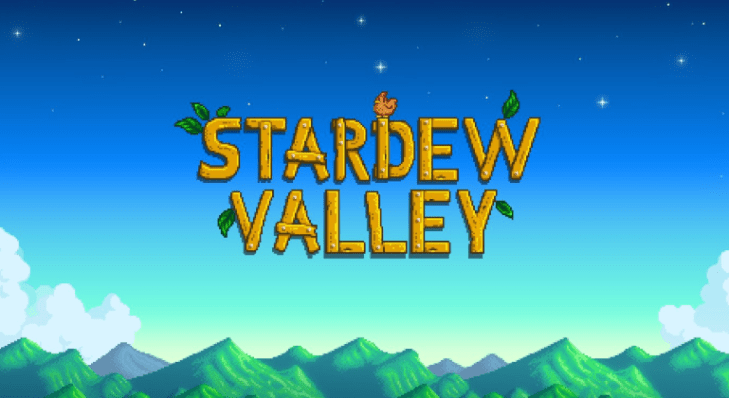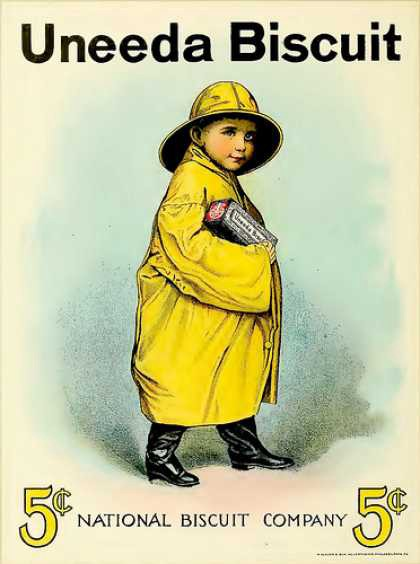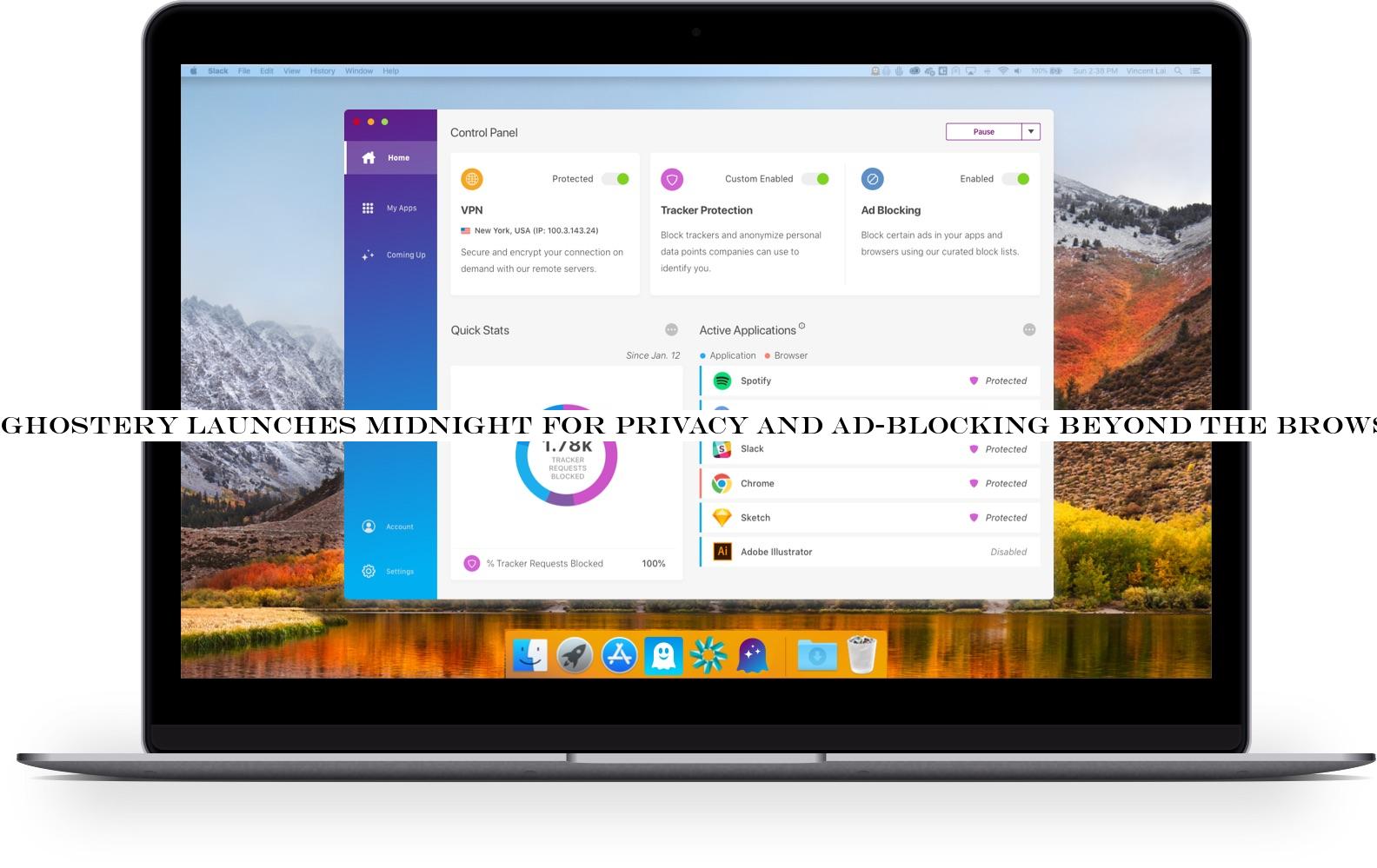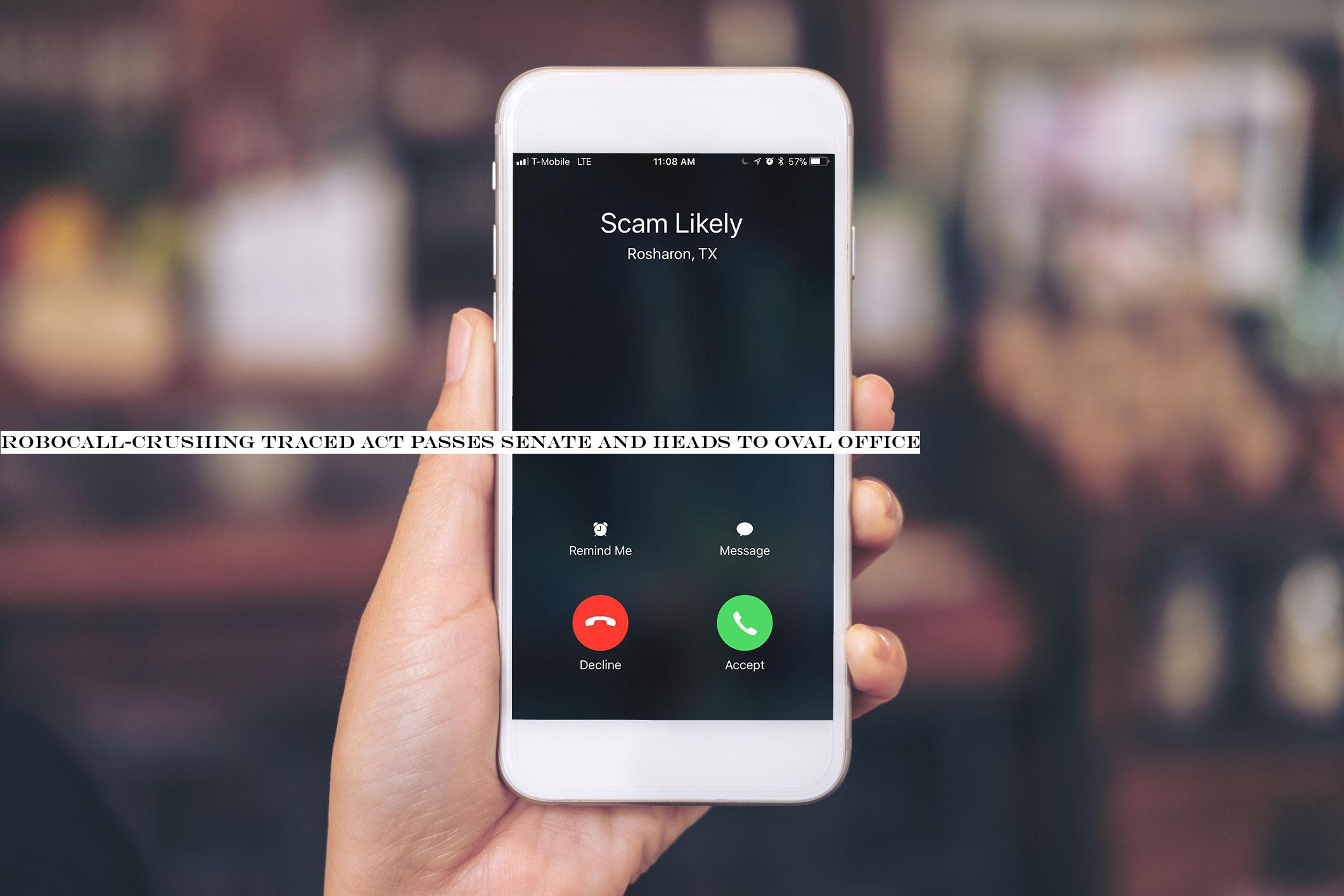Technology

Tesla owners have seen a bunch of games added to their carin-dash display over the last few months, from a handful of Atari classics to the painfully hard Cuphead. Next up? The oh-so-sweet farm living RPG, Stardew Valley.
In addition to just being kind of cool, the in-dash games (playable only when parked, because duh) are meant to help Tesla owners kill time while at superchargers. Stardew Valley is… sort of the perfect game for this. Beyond being so charming that it hurts, itan absolutely incredible way to burn 30 minutes in the blink of an eye. Oh, you&ve got ten minutes to waste? Why not tend to your crops? Or explore the mines? Or catch some fish?
Word of the addition comes from a Musk tweet:
Musk also mentions a full self driving (FSD) &sneak preview&… which would normally be a headline on its own, except that no one really knows exactly what it&ll entail, or just how much the &preview& will actually include. But itcoming!
The tweet also mentions &Lost Backgammon&, which I can only assume is a game of backgammon where JJ Abrams continuously throws in all sorts of mysterious new stuff only to end the whole thing without really explaining 90% of it.
Musk doesn&t get specific about when this update will land. Seeing as he calls it the &holiday& update, though, it&ll presumably be sometime soon.
- Details
- Category: Technology
Read more: Tesla vehicles are getting Stardew Valley
Write comment (95 Comments)When in April of last year, the photo hosting service SmugMug acquired the photo-hosting service Flickr from Verizondigital media subsidiary, SmugMug CEO Don MacAskill said he was committed to breathing new life into the service, calling it &core to the entire fabric of the Internet.&
MacAskill didn&t reveal at the time how much SmugMug — which is itself an independent, family-owned operation — paid for Flickr. But it seems now that SmugMug may have underestimated its carrying costs. In an email tonight to users of Flickr who pay roughly $50 annually for the service, MacAskill has basically asked them if they know anyone else who might be interested in a yearly subscription to Flickr, explaining that it &still needs your help. Itstill losing money.&
Adds MacAskill, in terms that Flickr fans will surely interpret as acutely worrying, SmugMug &cannot cannot continue to operate it at a loss as we&ve been doing.& (To sweeten the deal for new subscribers, SmugMug is offering 25% off a Flickr Pro account for those who visit this link and input the code 25in2019.)
This editor happens to be a Flickr Pro user and shudders to think how many photos I&d have to move if the service shuts down. At the same time, no one who uses the service can be terribly surprised by the development. Just months after SmugMug acquired Flickr, it curbed free use of the platform to 1,000 pictures per account holder. In fact, it threatened to actively delete the photos of users who did not sign up for a subscription if they exceeded that number.
Beyond its operating costs, SmugMug, like so many other companies, also found itself engulfed in controversy recently when the New York Times reported that millions of Flickr images dating back to its 2005 founding had been sucked into a facial-recognition database called MegaFace to &train a new generation of face-identification algorithms,& &track protesters, surveil terrorists, spot problem gamblers and spy on the public at large.&
Ben MacAskill, Donbrother and the companyCOO, said at the time that the flaw &potentially impacts a very small number of our members today, and we are actively working to deploy an update as quickly as possible.& He also noted that the images that had been accessed pre-dated SmugMuginvolvement with Flickr by several years.
Either way, it sounds like the future of Flickr — founded by entrepreneurs Caterina Fake and Stewart Butterfield in 2004, sold to Yahoo the following year, and later swept into Verizon as part of its 2016 acquisition by Yahoo — is again up in the air. Either more people subscribe to the service, or someone — or some outfit — swoops in to save the day with the capital required to keep it up and running.
In the worst case scenario, it disappears, along with a whole lot of pictures.
Herethe full text of Don MacAskillnote to its customers:
Dear Flickr Pros,
First, and above all else: thank you. Thank you for being a part of our community. Thank you for caring about Flickr. Thank you for supporting Flickr. Thank you for being a Flickr Pro.
Two years ago, Flickr was losing tens of millions of dollars a year. Our company, SmugMug, stepped in to rescue it from being shut down and to save tens of billions of your precious photos from being erased.
Why? We&ve spent 17 years lovingly building our company into a thriving, family-owned and -operated business that cares deeply about photographers. SmugMug has always been the place for photographers to showcase their photography, and we&ve long admired how Flickr has been the community where they connect with each other. We couldn&t stand by and watch Flickr vanish.
So we took a big risk, stepped in, and saved Flickr. Together, we created the worldlargest photographer-focused community: a place where photographers can stand outandfit in.
And yet, Flickr—the worldmost-beloved, money-losing business—still needs your help.
We&ve been hard at work improving Flickr. We hired an excellent, large staff of Support Heroes who now deliver support with an average customer satisfaction rating of above 90%. We got rid of Yahoologin. We moved the platform and every photo to Amazon Web Services (AWS), the industry leader in cloud computing, and modernized its technology along the way. As a result, pages are already 20% faster and photos load 30% more quickly. Platform outages, including Pandas, are way down. Flickr continues to get faster and more stable, and important new features are being built once again.
Our work is never done, but we&ve made tremendous progress.
Flickr still needs your help. Itstill losing money. You, and hundreds of thousands of loyal Flickr members stepped up and joined Flickr Pro, for which we are eternally grateful. Itlosing a lot less money than it was. But itnot yet making enough.
We need more Flickr Pro members if we want to keep the Flickr dream alive, and we need your help to share the story of Flickr.
We didn&t buy Flickr because we thought it was a cash cow. Unlike platforms like Facebook, we also didn&t buy it to invade your privacy and sell your data. We bought it because we love photographers, we love photography, and we believe Flickr deserves not only to live on but thrive. We think the world agrees; and we think the Flickr community does, too. But we cannot continue to operate it at a loss as we&ve been doing.
Flickr is the worldlargest photographer-focused community. Itthe worldbest way to find great photography and connect with amazing photographers. Flickr hosts some of the worldmost iconic, most priceless photos, freely available to the entire world. This community is home to more than 100 million accounts and tens of billions of photos. It serves billions of photos every single day. Ithuge. Ita priceless treasure for the whole world. And it costs money to operate. Lots of money.
As you know, Flickr is the best value in photo sharing anywhere in the world. Flickr Pro members get ad-free browsing for themselves and their visitors, advanced stats,unlimitedfull-qualitystorage for all their photos, plus premium features and access to the worldlargest photographer-focused community.
Please, help us spread the word. Help us make Flickr thrive. Help us ensure Flickr has a bright future. Every Flickr Pro subscription goes directly to keeping Flickr alive and creating great new experiences for photographers like you. We are building lots of great things for the Flickr community, but we need your help. We can do this together.
We&re launching our end-of-year Pro subscription campaign on Thursday, December 26, but I want to give you a coupon code to share with friends, family, or anyone who shares your love of photography and community so they can enjoy the same 25% discount before the campaign starts.
We&ve gone to great lengths to optimize Flickr for cost savings wherever possible, but the increasing cost of operating this enormous community and continuing to invest in its future will require a small price increase early in the new year, so this is truly the very best time to help everyone upgrade to a Pro membership.
If you value Flickr finally being independent, built for photographers and by photographers, we need your help. With gratitude,
Don MacAskill
Co-Founder, CEO - Chief Geek SmugMug + Flickr
- Details
- Category: Technology
Do you remember as a kid going to the grocery store with your parents and being just totally overwhelmed by the bright, loud packaging of products on shelf after shelf, aisle after aisle?
I certainly do. Each product had a brand — you&d recognize the Kix by its bright red box and Tide by its loud orange bottle. Every package screamed its brand name at you.
Branded packaging as we know it hasn&t been around that long. While people have been packaging goods for millennia, trademarked printed boxes, tins and shrink-wrapped containers were only invented in the late 1800s — less than 150 years ago, beginning with Uneeda Biscuits around 1896.
When branded packaging was invented, and up until very recently, its purpose and value to nearly every industry made a ton of good sense. The average consumer would shop in a catalog, browsing ads and offerings, or in a store, perusing shelves of products. The more a product stood out and set itself apart, the more memorable it would be and the more likely it would be purchased. Good packaging made products easy to recommend and spread by sharing visually.

And then, the internet came along.
Our team recently launched our new studio product, Regular, a service directed at small businesses hitting their growth inflection point. As we began to design our own website and work on branding, we did a lot of research into branding trends for consumer packaged goods, and what we uncovered was surprising.
We found was that there is a surprising movement towards &unbranding& — specifically choosing not to create a strong association between a product and its maker. Instead of bright packaging, large logos and stamped products, many companies are now going the other direction by operating without logos and offering minimal (or no) packaging.

Pens from MUJI (Photo: Michael/Flickr)
One of the earliest companies to adopt this mindset was Japanese home goods store MUJI, whose name literally means &No Brand& (it doesn&t get more literal than that). Most of its products come unpackaged with just a small price tag, or in minimal packaging with a single informational label (e.g., &lotion,& &body soap&) to identify its contents.
But MUJI has been since the 1980s, so why are we talking about this now?
- Details
- Category: Technology

Ghostery has launched a new tool called Midnight, which brings the companyad-blocking and privacy protection features to all your desktop applications.
When Ghostery first announced Midnight earlier this year, President Jeremy Tillman told me that the company (acquired by browser company Cliqz in 2017) created Midnight because desktop apps — particularly email clients — were starting to &use a lot of the same web tracking technologies outside the browser.&
So the company says Midnight will block ads and data trackers in email clients like Microsoft Outlook, entertainment services like Spotify and any other desktop app — including web browsers that don&t support the Ghostery extension. You&ll also be able to see which apps are trying to track you and customize which apps get blocked or whitelisted.
In addition, Midnight includes a virtual private network (VPN) to encrypt and anonymize your online activity. Tillman said that many Ghostery users already use a VPN, but it made sense to build one for Midnight because &we want our entire ecosystem to be integrated.&
After a seven-day trial, Midnight will cost $14 per month.
And while Midnight is Ghosterymost comprehensive product, Tillman said the team will continue to support the free browser extension, which he said is &is always going to be the tip of the spear& in bringing in new users.
- Details
- Category: Technology
Read more: Ghostery launches Midnight for privacy and ad-blocking beyond the browser
Write comment (96 Comments)Less than one month after a major Hulu outage, Hulu is down again.
We&ve been seeing reports on Twitter of Hulu streaming issues. It appears the issues have been ongoing for the last few hours. At this point, Hulu does not seem to have a clear idea of whatgoing on.
This comes one day after Hulu increased its monthly price for Live TV to $54.99 from $44.99. As of 3:30 p.m. PT, Hulu says it has resolved the issue.
- Details
- Category: Technology

Somehow during all the partisan furor of the last few days, the Senate found a moment to vote some bipartisan legislation into law — presuming, of course, it survives the presidentdesk. The TRACED act pushes carriers to kill robocalls before they ring, and gives the FCC some extra juice to pursue the wicked ones perpetrating them.
&We&re delighted the Senate acted quickly to pass this legislation to shutdown illegal robocalls,& wrote the billco-sponsors in the House Energy and Commerce Committee, in a statement. &We&re working hard to help the American people get real relief from these relentless and illegal calls. We look forward to the President signing this overwhelmingly bipartisan legislation into law very soon.&
Unlike many things called bipartisan, this one really is. Two different versions of the bill originated in the House and Senate and were passed individually with overwhelming majorities. The pertinent committees put their heads together and created a unified version of the bill they could both live with. Amazingly, that was just last month, and now the bill is off to the White House for the Executive signature.
You can read a summary of what the bill does here, but I&ll summarize further:
- Extends FCCstatute of limitations on robocall offenses and increases potential fines
- Requires an FCC rulemaking helping protect consumers from spam calls and texts (this is already underway)
- Requires annual FCC report on robocall enforcement and allows for it to formally recommend legislation
- Requires adoption on a reasonable timeline of the STIR/SHAKEN framework for preventing call spoofing
- Prevents carriers from charging for the above service, and shields them from liability for reasonable mistakes
- Requires the Attorney General to convene an interagency task force to look at prosecution of offenders
- Opens the door to Justice Department prosecution of offenders
- Establishes a handful of specific cutouts and studies to make sure the rules work and interested parties are giving feedback
Overall it seems like a good bill and quite focused on this specific issue — no weird pork attached. Herehoping the TRACED act is signed into law quickly.
- Details
- Category: Technology
Read more: Robocall-crushing TRACED act passes Senate and heads to Oval Office
Write comment (100 Comments)Page 80 of 5614

 7
7